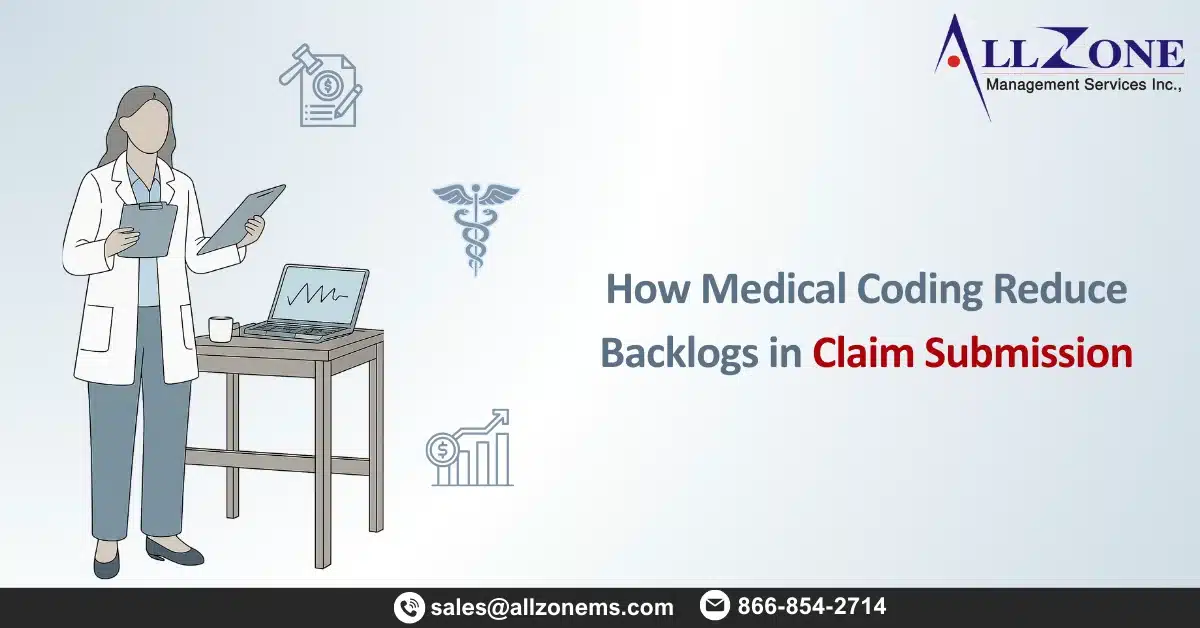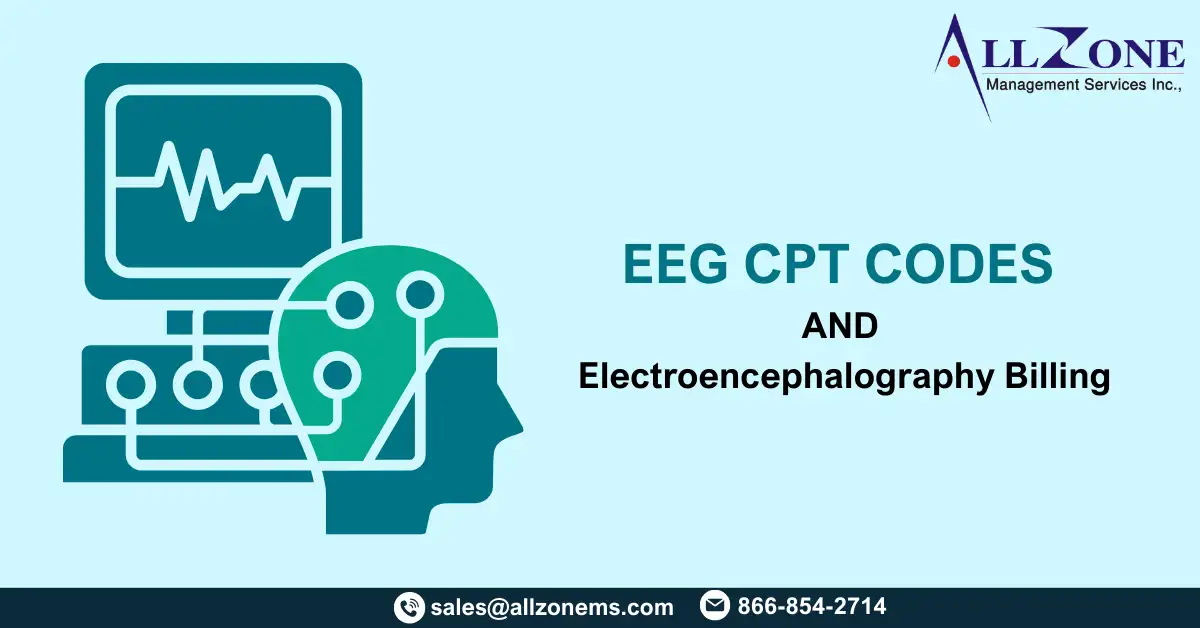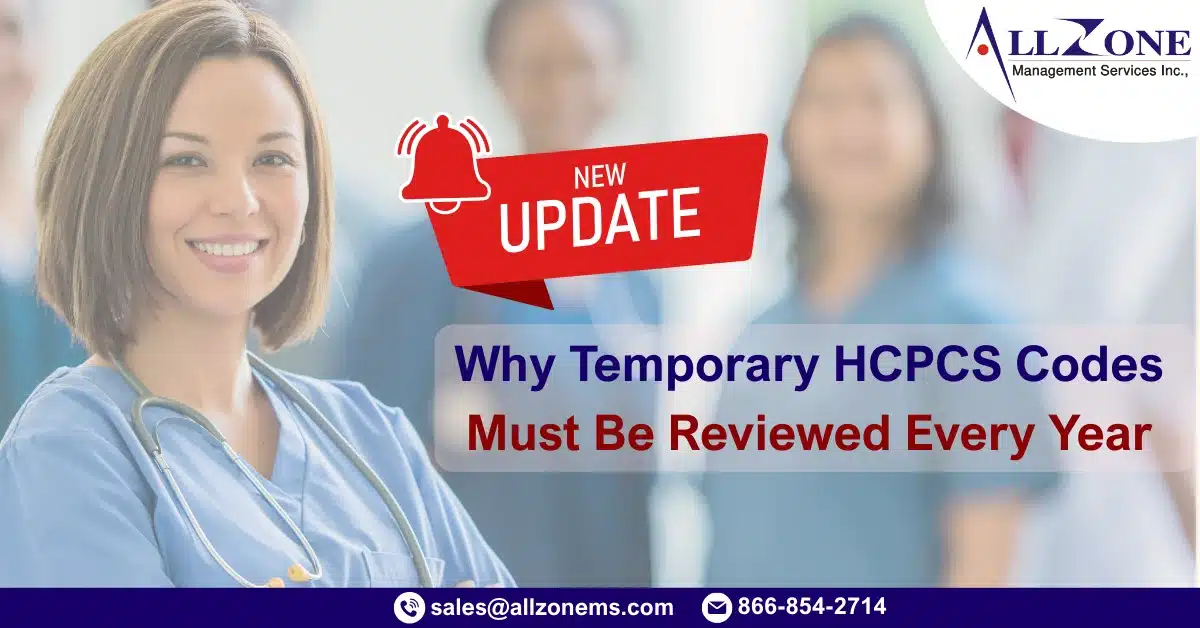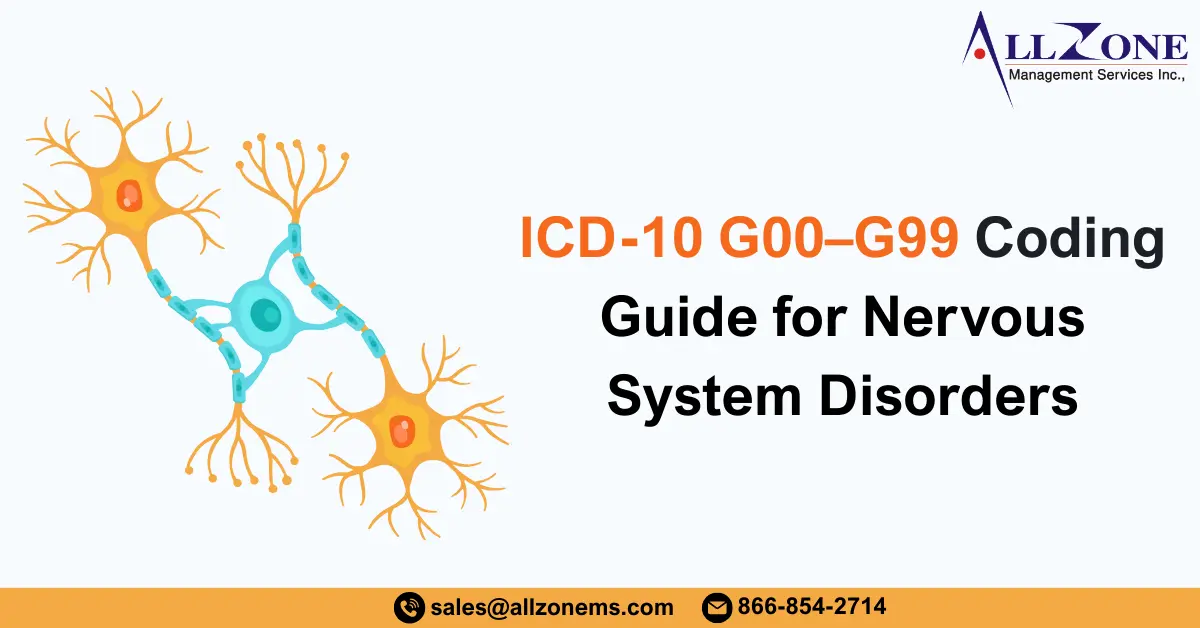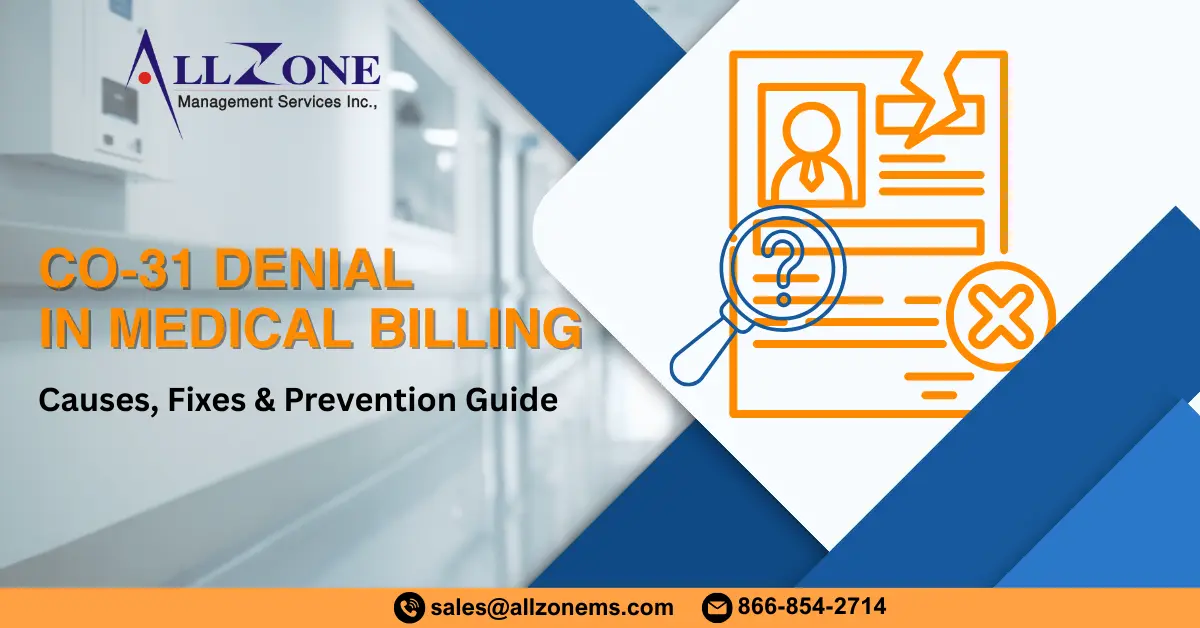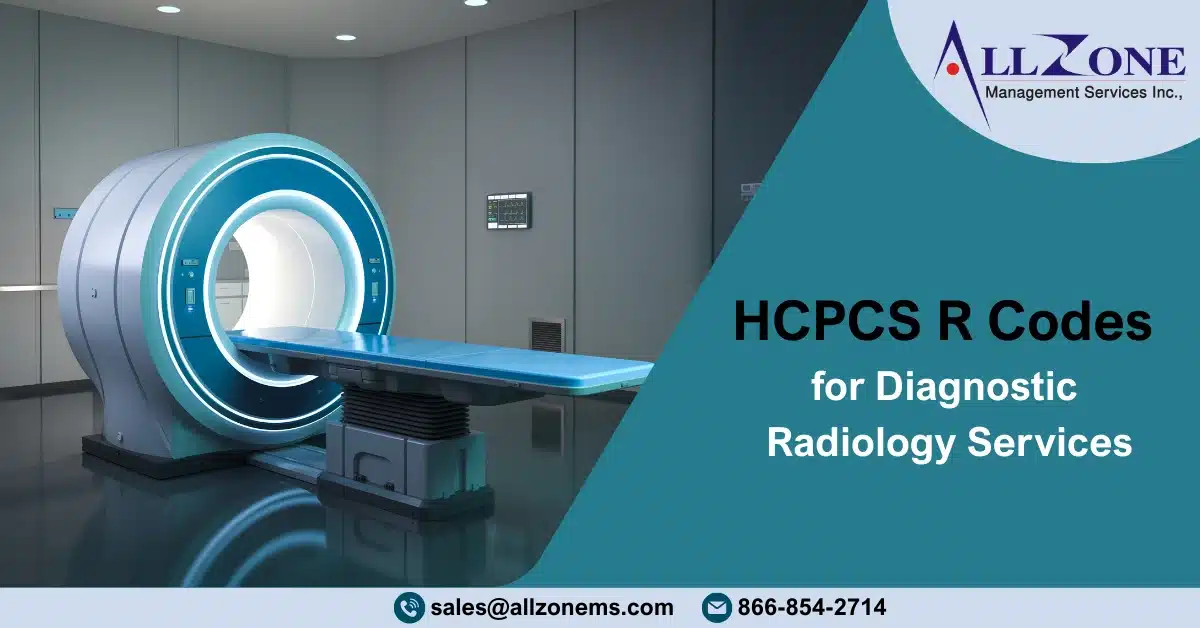In the dynamic world of healthcare administration, efficient claims submission is critical for the financial health of providers and organizations. However, backlogs in claims processing are a common challenge, often leading to delayed reimbursements, increased administrative costs, and dissatisfied patients. One of the most effective ways to tackle these challenges is through optimized medical coding. In […]
Electroencephalography (EEG) is a crucial diagnostic tool in neurology and is employed in various medical institutions. As neurological disorders become more common and EEG becomes more important for diagnosis and monitoring, healthcare providers need to know how to use EEG CPT codes correctly. The professionals at Allzone put together this complete guide to help clinics, […]
Healthcare reimbursement depends heavily on accurate coding, and even small oversights can lead to denials, delayed payments, or compliance risks. One of the most commonly overlooked areas in medical billing is the management of temporary HCPCS codes. These short-term codes change frequently and must be reviewed annually to ensure proper claim submission and reimbursement. Temporary […]
Navigating the world of medical coding can be overwhelming, especially when dealing with complex systems like ICD-10. Among its many chapters, ICD-10 Chapter VI (G00–G99) covers “Diseases of the Nervous System,” a crucial section for neurologists, general practitioners, medical coders, and billing professionals. This guide will break down the G00–G99 code set, providing clear explanations […]
Important Points: The CO-31 denial is one of the easiest claim rejections to avoid in medical billing. Most of the cases are caused by simple mistakes in demographics or eligibility that can be fixed with better front-end processes. Keep in mind: • Check eligibility early • Make sure the patient data is correct • Check […]
Providers and revenue cycle teams still have a lot of trouble with claims that are denied in today’s healthcare system. Repeated denials not only slow down payments, but they also make it harder for healthcare organizations to do their jobs and hurt their overall financial health. Root cause analysis helps you find and fix the […]
In the fast-paced world of healthcare, a medical practice needs a billing process that is both quick and accurate to stay financially healthy and be successful in the long run. Not only do mistakes, delays, and denials hurt cash flow, they also make it harder for patients and providers to get along. Allzone Management Services […]
Accurate coding is the foundation of successful medical billing, especially when it comes to nutrition and dietary services. From medical nutrition therapy (MNT) to diabetes education and obesity counseling, dietary services play a vital role in preventive and chronic care management. However, using the wrong CPT codes or missing documentation can quickly lead to denials, […]
Introduction to HCPCS R Codes in Radiology Billing Diagnostic radiology services are a cornerstone of modern healthcare, helping physicians diagnose conditions early and create effective treatment plans using imaging technologies such as X-rays, CT scans, MRI, PET scans, and ultrasound. While these procedures improve patient outcomes, the billing and coding process behind them is often […]
Key Takeaways N286 occurs due to missing or incorrect referring provider information Always verify NPI accuracy and payer enrollment Implement front-end checks to prevent denials Automate claim edits for compliance Track and analyze denial trends Partnering with experienced RCM services improves reimbursement rates Claim denials remain one of the biggest challenges in medical billing and […]

